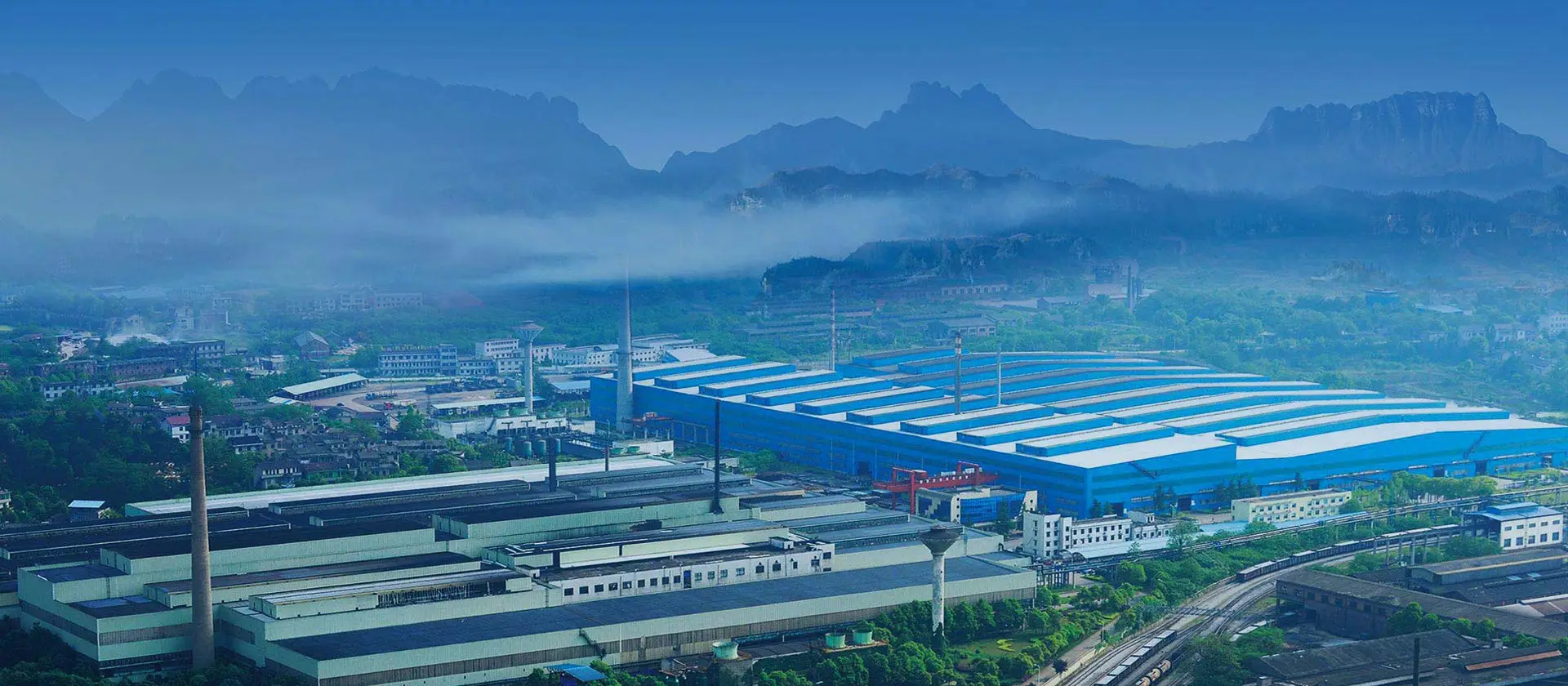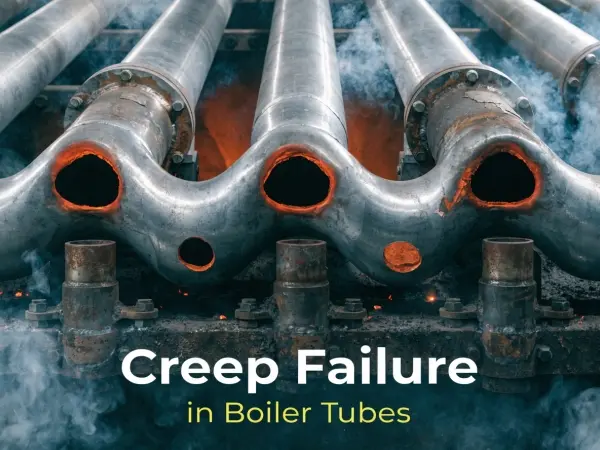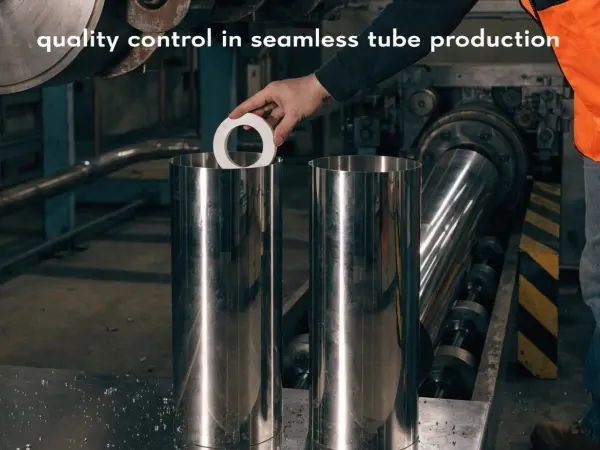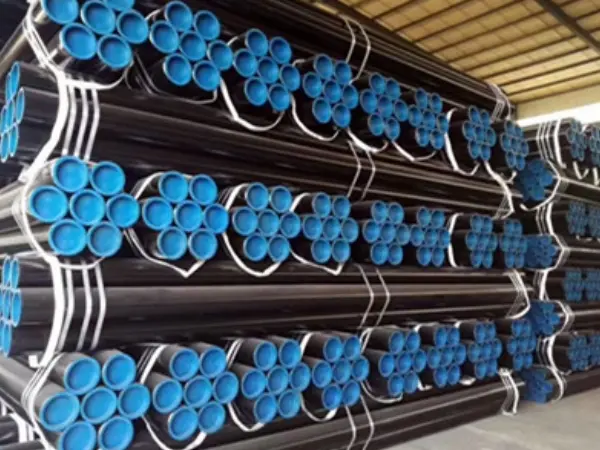
Heat exchangers and boilers play a critical role in industries such as power generation, chemical processing, oil and gas, and HVAC systems. The efficiency, durability, and safety of these systems depend largely on the materials used in their construction. One material that stands out for its superior performance is the stainless steel seamless tube.
In this article, we will explore why stainless steel seamless tubes are widely used in heat exchangers and boilers, their advantages, and how to choose the right grade for your application.
Unlike welded tubes, seamless tubes are manufactured without joints or seams, ensuring uniform structure and higher strength. When used in heat exchangers and boilers, a stainless steel seamless tube offers:
1. High Pressure Resistance
Boilers and heat exchangers often operate under extreme pressure. Seamless tubes can withstand higher stress without the risk of weld failure.
2. Superior Corrosion Resistance
Stainless steel is resistant to oxidation and corrosion caused by high-temperature steam, water, or aggressive chemicals present in process industries.
3. Long Service Life
Using seamless tubes minimizes weak points, reducing the chance of premature failure and maintenance costs.
Heat exchangers transfer heat between fluids, often involving corrosive or high-temperature environments. Stainless steel seamless tubes are used for:
· Shell and Tube Heat Exchangers – Tubes efficiently conduct heat while resisting corrosion.
· Condensers and Evaporators – Seamless tubes maintain structural integrity during rapid temperature fluctuations.
· Chemical Processing Equipment – Ideal where aggressive chemicals demand high resistance to pitting and stress corrosion cracking.
Boilers require materials that can handle both high pressure and temperature:
· Superheater and Reheater Tubes – Stainless steel seamless tubes perform well at elevated temperatures without losing strength.
· Water Wall Tubes – Seamless design prevents leakage and ensures safety in high-pressure steam cycles.
· Economizer Tubes – They help recover heat efficiently, improving overall boiler performance.
Different grades of stainless steel are available depending on application needs:
· 304/304L – General use, good corrosion resistance.
· 316/316L – Enhanced resistance to chlorides and chemicals.
· 321/347 – Better high-temperature performance.
The choice depends on the operating environment, temperature, and pressure requirements.
The stainless steel seamless tube is a preferred solution for heat exchangers and boilers due to its strength, corrosion resistance, and reliability under extreme conditions. By selecting the right grade and supplier, industries can ensure efficiency, safety, and long-term performance in critical operations.


